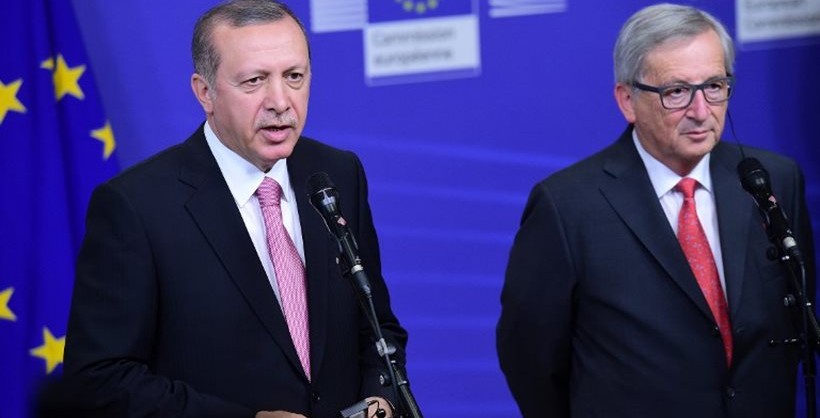Brussels and Athens are trying to decipher the reasons behind Turkey’s intensification of polemic rhetoric against, following a string of statements by the Turkish political establishment led by President Recep Erdogan. One of the two latest incidents of Turkish provocations towards Greece involved the issuing of Turkish authorities of a Notice to Airmen (NOTAM) alerting aircraft pilots of potential hazards around the Greek island of Kasos, whose name was to “Tzoban”, and requested that a scheduled military exercise be cancelled by the Greek military in the area as it was designated a demilitarised zone, according to the Lausanne Treaty. The other incident involved the violation of Greek airspace in the Aegean Sea by armed Turkish fighter jets, which led to a dog fight with the Greek airforce. These came on the heels of a statement by Turkish Foreign Minister Mevlut Cavucoglou that the Greek island of Imia was in fact Turkish land during discussions in the Turkish national Assembly. Both Greece and the EU are attempting to understand whether the constant aggressive stance by Turkey is fuelled by either a need to export domestic political turmoil in Turkey, just for domestic political reasons, or is part of a strategy by Turkey to increase pressure on the EU on the refugee crisis and the wider EU-Turkey relations. The clear bellicose posture by Turkey led to a series of contacts between Greek PM Alexis Tsipras and German Chancellor Angela Merkel, who in turn contacted Turkish President Recep Erdogan. Meanwhile, European Commission President Jean Claude Juncker called on Erdgan to wonder if he really wanted to become a member of the EU in an interview to EurActive-Quest France. “Does he really want to be a member of the EU one day? Mr. Erdogan must know that he will be held accountable for the rejection of the free-travel visa”, Juncker said. He continued by claiming that Turkey had been shifting away from the EU over the past two years.
What is the end goal of Turkish provocations?
Domestic politics or pressure on the EU behind stance towards Greece?




































